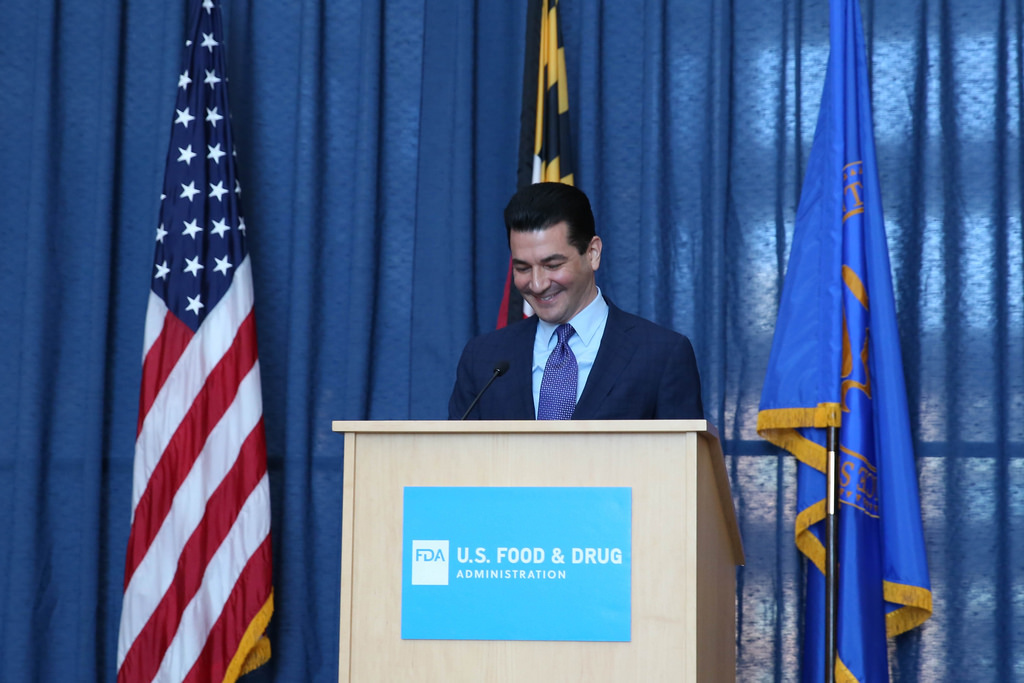Food and Drug Administration Commissioner Scott Gottlieb proposed before the House Committee on Energy and Commerce on Wednesday that all addicts who suffer a non-fatal overdose be treated with an opioid substitute long-term, even for life.
This comes as the United States continues to fight an increasingly worsening opioid abuse epidemic that has claimed over 33,000 people in 2015 alone – the highest on record according to national data, Reuters reports.
“I know this may make some people uncomfortable,” Gottlieb said.
FDA will join efforts to break the stigma associated with medications used for addiction treatment.
Gottlieb’s proposal is similar to his recent efforts to reduce nicotine in cigarettes while making other, less harmful means of delivery like e-cigarettes more available. Both proposals approach substance abuse with the aim of reducing harm, rather than promoting complete abstinence.
The commissioner cited data from the state of Massachusetts that revealed how there was more than a 50% reduction in the risk of death from overdose among patients who were treated with methadone or buprenorphine.
This data “has immense implications for insurers and policymakers in deciding how to adopt these treatments,” Gottlieb said. The FDA intends to examine broadening the labels for current medication-assisted treatment for everyone who has an overdose.
Gottlieb explained, “Such an effort would be a first for FDA. We believe that granting such an indication in labeling can help promote more widespread use of, and coverage for, these treatments.”
Methadone is an old drug originally introduced by Eli Lilly & Co. Buprenorphine is a 15-year-old drug that Invidior Plc retails along with naloxone. Naltrexone is a drug sold by Alkermes Plc. All of these act similarly to opioids but without the “high” that results in addiction. The drugs are used to wean addicts off opioids.
The FDA will issue guidelines for drugmakers regarding these new addiction treatments, and will put forward the agency’s interest in such “novel, non-abstinence-based” drugs.
The stigma and resistance towards using opioid alternatives “reflects a view some have, that a patient is still suffering from addiction even when they’re in full recovery, just because they require medication to treat their illness,” Gottlieb said.
























